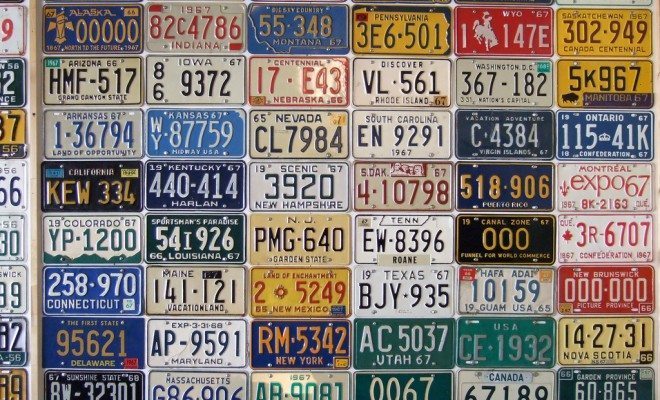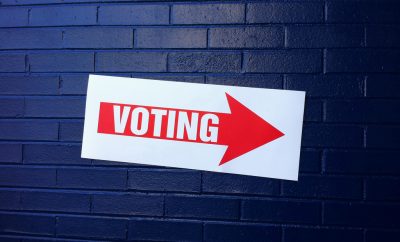 Image courtesy of [Jerry "Woody" via Flickr]
Image courtesy of [Jerry "Woody" via Flickr]
News
Is Your Vanity Plate a Form of Free Speech?
The Supreme Court has agreed to look at an interesting First Amendment question–can those silly vanity license plates that a lot of people have be considered protected free speech? SCOTUS will hear Walker vs. Texas Division, Sons of Confederate Veterans, Inc in the spring.
The case came from Texas, where an organization called the Sons of Confederate Veterans requested a specialty plate. The license plate included a Confederate flag, as well as text of the group’s name. The Texas DMV considered the request, and eventually decided to reject it because:
A significant portion of the public associate the Confederate flag with organizations advocating expressions of hate directed toward people or groups that is demeaning to those people or groups.
There are two questions here–are license plates a form of free speech? And if so, whose free speech?
The reason those two questions are both so tantamount is because if license plates are a form of free speech, but that speech is the state’s, the state can reject an offensive license plate request because it doesn’t want to be portrayed that way. However, if the license plates can be considered the free speech of the people who are displaying them on their cars, it’s a different matter altogether.
There’s some precedent to suggest that license plates are government speech, not citizens’. After all, a DMV can choose to reject a license plate request if it’s lewd or inappropriate. That being said, there’s some precedent to show the opposite is true as well. In 1976, there was a Supreme Court case called Wooley v. Maynard. If you’ve ever seen a New Hampshire license plate, it prominently features the state’s motto: “Live Free or Die,” a throwback to Revolutionary War times. A man named George Maynard, who was a Jehovah’s Witness, objected to being required to display the motto because it stood contrary to his religious beliefs. He obscured it, despite the fact that was against the law. The case was appealed all the way to SCOTUS, who ruled that New Hampshire couldn’t require citizens to display the motto if it stood contrary to their beliefs.
There’s another case this year dealing with free speech and license plates that’s sort of intertwined. It’s called Berger v. ACLU and it originated in North Carolina. It regarded whether or not North Carolina could issue “Choose Life” license plates, as requested by a pro-life group, without similarly offering a comparable pro-choice plate. That was where the case was left, and while the Supreme Court took no action on it right now, it may be decided along with the Texas case. Either way, whatever the Supreme Court decides could have a big impact on those vanity plates we all see so often–and not necessarily in a good way.








Comments